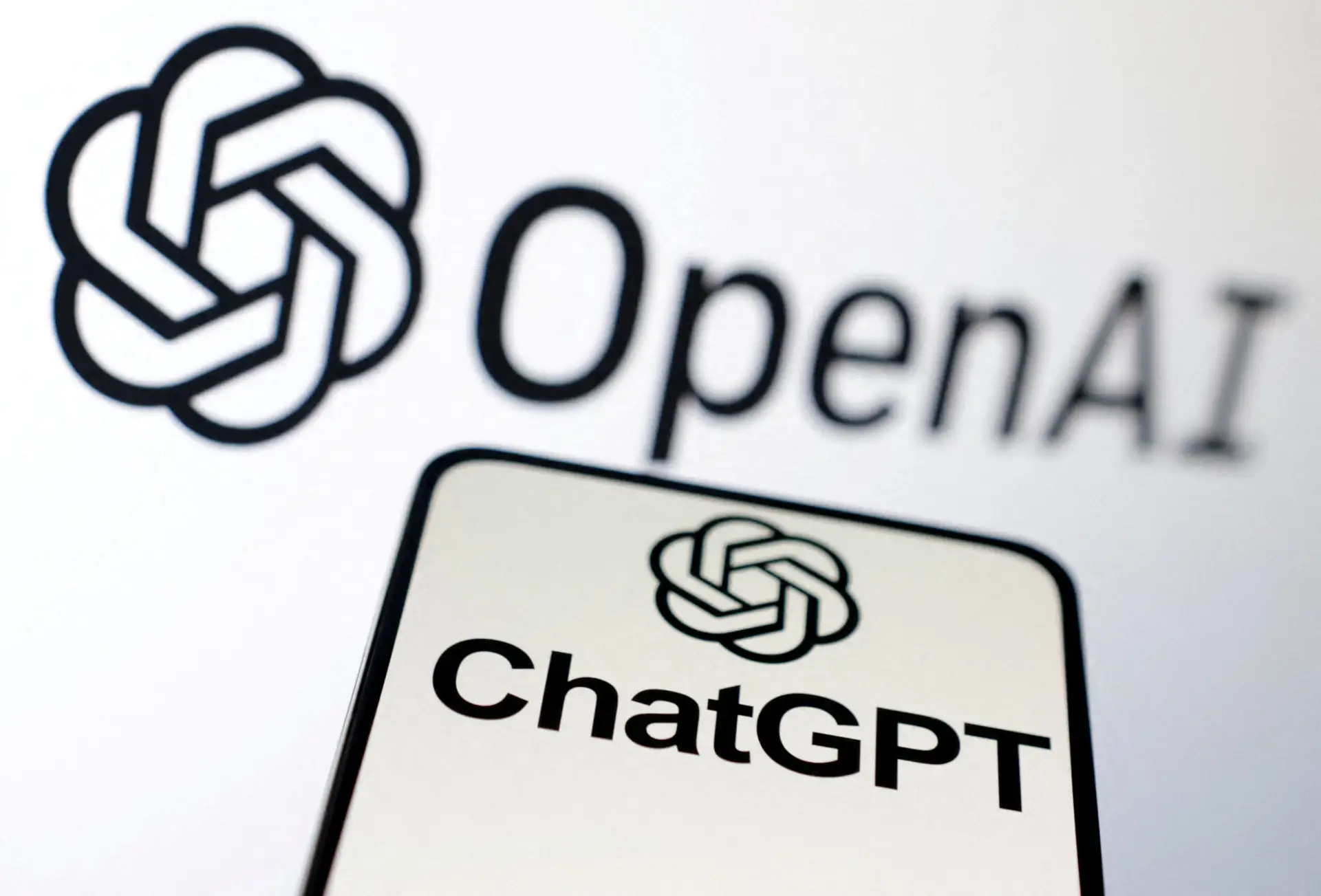OpenAI has been at the forefront of artificial intelligence (AI) with its innovative GPT models. As the AI sector grows, many companies develop alternatives offering unique features, specialized tools, or different pricing options. This article highlights the leading OpenAI alternatives, their benefits, and why they are gaining popularity in AI.
Why Look for OpenAI Alternatives?
While OpenAI has made significant advancements in AI research and applications, there are several reasons why businesses might consider alternatives:
- Cost-Effectiveness: OpenAI’s models can be expensive for startups and small businesses. Alternatives often provide more budget-friendly options, making them attractive for companies of all sizes.
Specialization: Some AI providers specialize in niche areas, such as safety, reinforcement learning, or generative design, which cater to specific industries.
- Flexibility: Open-source solutions or customizable APIs give businesses more control and adaptability in their AI applications.
- Ethical Concerns: Many companies prioritize working with AI providers, emphasizing safety, transparency, and ethical guidelines, leading to greater trust in AI solutions.
Given these reasons, let’s examine some notable OpenAI alternatives that are changing the AI landscape.
Anthropic: Focusing on Safety in AI
What Makes Anthropic Unique?
Anthropic is dedicated to creating safer AI systems. The company prioritizes openness, interpretability, and risk reduction, making it a strong contender in sectors that require high ethical standards, such as healthcare, banking, and education.

Key Features:
- AI systems are designed to align with human values.
- Advanced tools for identifying and reducing harmful content.
- Precise methods that focus on explainability.
Applications:
- Healthcare tools that protect sensitive information.
- Educational AI systems that create unbiased content.
- Financial services that emphasize security and compliance.
Hugging Face: The Leader in Open-Source AI
What Sets Hugging Face Apart?
Hugging Face has revolutionized AI by making advanced models accessible to developers worldwide. The open-source platform offers a vast collection of pre-trained models and tools, fostering collaboration in the AI community.

Key Features:
- A wide range of pre-trained AI models.
- Easy-to-use APIs for smooth integration.
- A vibrant community of developers enhancing model improvements.
Use Cases:
- Natural Language Processing (NLP) for chatbots and customer service.
- Sentiment analysis for marketing and social media monitoring.
- Research projects that need flexible AI models.
Stability AI: Specialists in Generative AI
What Makes Stability AI Unique?
Stability AI specializes in generative AI, which creates images, videos, and multimedia content. Its tools help creative professionals produce high-quality results with less effort.

Key Features:
- Advanced generative models for visual and multimedia content.
- Compatibility with popular design software.
- Focus on scalability for enterprise-level applications.
Applications:
- Content creation in advertising and media.
- Game development featuring procedurally generated elements.
- Tools for producing engaging visual materials.
DeepMind: Pioneering Research in AI
What Distinguishes DeepMind?
DeepMind, a Google subsidiary, is known for its groundbreaking AI and machine learning work. The company excels in challenging areas like reinforcement learning, making it a valuable partner for organizations facing complex problems.

Key Features:
- Expertise in reinforcement learning and neural networks.
- Applications in healthcare, climate modeling, and robotics.
- Advanced tools for solving practical challenges.
Use Cases:
- AI-driven pattern recognition for healthcare diagnostics.
- Energy optimization solutions for industrial applications.
- Automated robotics for sophisticated tasks.
IBM Watson: Comprehensive AI for Businesses
What Makes IBM Watson Stand Out?
IBM Watson delivers a wide range of AI solutions tailored for businesses. With a strong emphasis on natural language processing and industry-specific applications, it remains a popular choice for enterprises seeking reliable AI technology.

Key Features:
- Solutions customized for various industries.
- Tools for natural language understanding and data analysis.
- Scalability is designed for large organizations.
Businesses can find AI solutions that better fit their needs and values by exploring these alternatives.




